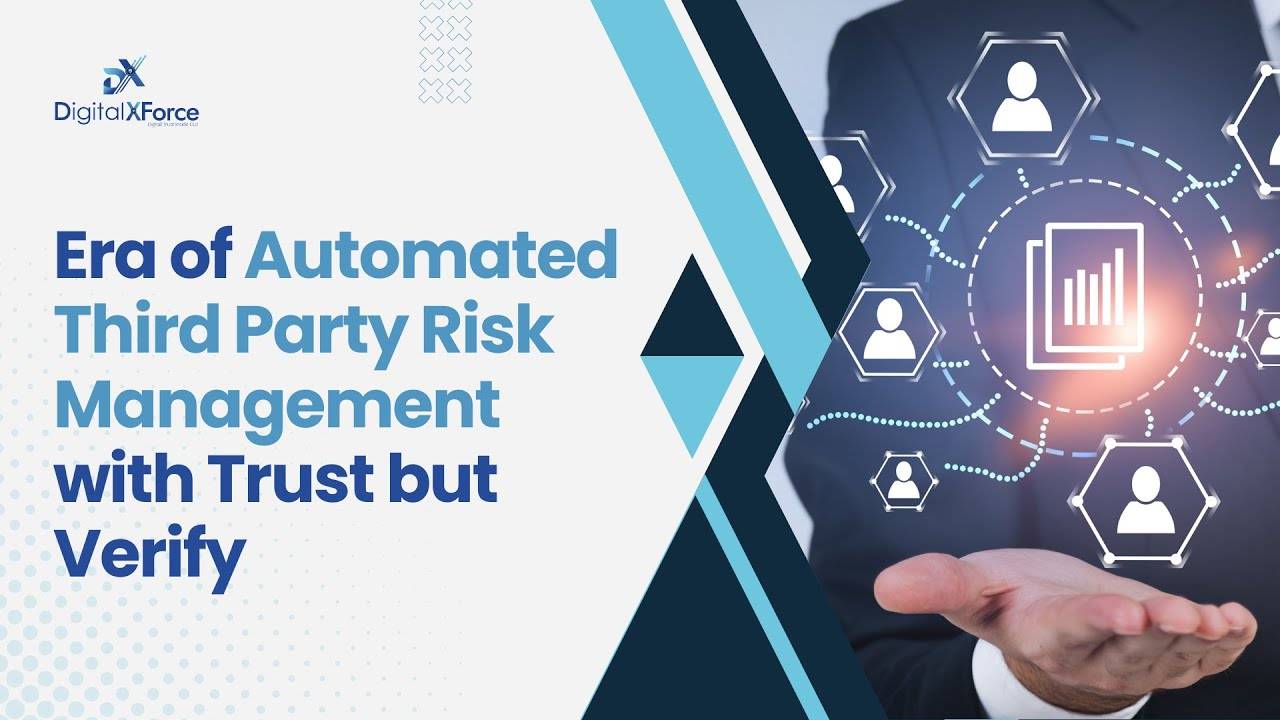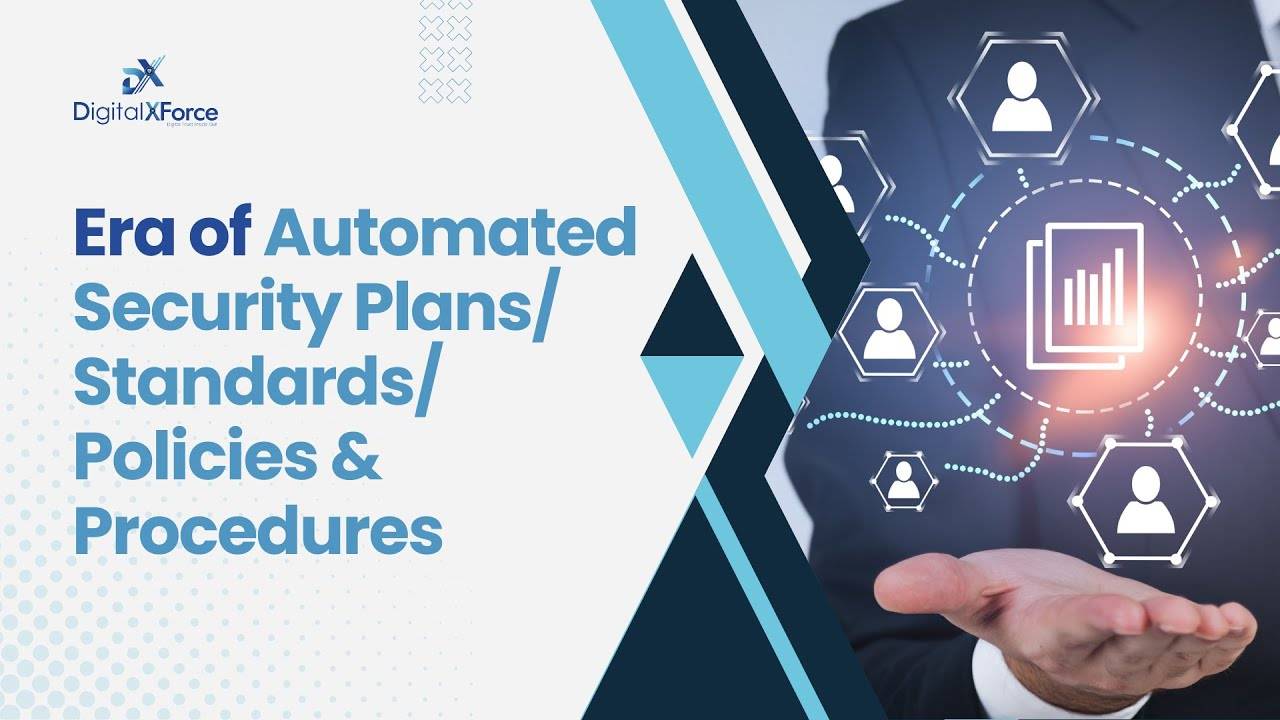Cloud service providers (CSPs) have become the backbone of modern business operations through cloud computing in today’s digital landscape. From storing sensitive data to running critical applications, companies of all sizes increasingly rely on CSPs to power their operations. But here’s the million-dollar question: How secure are these cloud services?
If you’re a business owner or IT professional, you know that entrusting your valuable data and operations to a third party isn’t a decision to be taken lightly. The good news? You’re not alone in this concern. The even better news? There are concrete steps you can take to assess and ensure the security of your cloud service providers.
In this guide, we’ll walk you through the key aspects of cloud security and provide you with practical strategies to evaluate the security measures of your CSPs.
Why Cloud Security Matters
Before we jump into the nitty-gritty of security assessment, let’s underscore why this topic is so crucial. Consider this:
- 94% of enterprises use cloud services (Zippia)
- The average cost of a data breach is $4.88 million (IBM)
- 45% of breaches occur in the cloud (IBM)
These statistics paint a clear picture: cloud security isn’t just an IT issue—it’s a business imperative. A security breach can lead to financial losses, reputational damage, and legal consequences. Conversely, robust cloud security can be a competitive advantage, instilling confidence in your customers and partners.
Key Aspects of Cloud Service Provider Security
When assessing the security of your cloud service providers, there are several critical areas to consider. Let’s break them down:
1. Compliance and Certifications
Consider compliance certifications as the “seal of approval” in cloud security. They indicate that a CSP has met specific industry standards and best practices. Some key certifications to look for include:
- ISO 27001: Information security management
- SOC 2: Data security, availability, and confidentiality
- PCI DSS: Payment card industry data security
- HIPAA: Healthcare data protection
Our Recommendation: Request and review your CSP’s compliance certificates. Don’t just take their word for it—ask for documentation.
2. Data Encryption
Encryption is like a secret code that protects your data from prying eyes. A robust CSP should offer:
- Data encryption in transit (as it moves between locations)
- Data encryption at rest (when it’s stored)
- Key management services
Our Recommendation: Ask your CSP about their encryption protocols and key management practices. Ensure they align with your security requirements.
3. Access Controls and Authentication
Think of access controls as the bouncers of the cloud world. They determine who gets in and what they can do inside. Look for:
- Multi-factor authentication (MFA)
- Role-based access control (RBAC)
- Regular access reviews and audits
Our Recommendation: Review your CSP’s access control policies. Ensure they offer the granularity and security features your business needs.
4. Network Security
A secure network is like a fortress protecting your digital assets. Key features to look for include:
- Firewalls and intrusion detection systems
- Virtual private networks (VPNs)
- Regular vulnerability scanning and penetration testing
Our Recommendation: Ask your CSP about their network security measures and how often they conduct security assessments.
5. Incident Response and Disaster Recovery
No system is 100% foolproof. That’s why a solid incident response and disaster recovery plan is crucial. Your CSP should have:
- A documented incident response plan
- Regular disaster recovery drills
- Clear communication protocols in case of a breach
Our Recommendation: Request and review your CSP’s incident response and disaster recovery plans. Ensure they align with your business continuity requirements.
6. Transparency and Auditing
A trustworthy CSP should be open about its security practices. Look for:
- Regular third-party audits
- Clear documentation of security policies
- Willingness to answer your security questions
Our Recommendation: Don’t be afraid to ask tough questions. A reputable CSP will appreciate your due diligence.
How to Assess Your Cloud Service Provider’s Security
Now that we’ve covered the key aspects of cloud security, let’s discuss how you can put this knowledge into action. Here’s a step-by-step approach to assessing your CSP’s security:
Step 1: Do Your Homework
Before you even engage with a CSP, do some background research. Look for:
- Industry reputation and reviews
- Past security incidents and how they were handled
- Published security whitepapers and documentation
Step 2: Ask the Right Questions
Prepare a list of security-related questions based on the key aspects discussed earlier. Some examples:
- “Can you provide details on your encryption methods?”
- “How do you manage access controls and authentication?”
- “What’s your incident response process?”
Step 3: Request and Review Documentation
Don’t just take their word for it—ask for evidence. This might include:
- Compliance certificates
- Security policies and procedures
- Results of recent security audits
Step 4: Conduct a Security Assessment
If possible, conduct your security assessment or hire a third-party auditor. This might involve:
- Vulnerability scans
- Penetration testing
- Review of security controls
Step 5: Evaluate Shared Responsibility
Understand where your responsibilities end and where the CSPs begin. Most cloud services operate on a shared responsibility model. Make sure you’re clear on:
- Who’s responsible for data encryption?
- Who manages access controls?
- Who handles security updates and patches?
Step 6: Consider Compliance Requirements
Ensure that the CSP can meet your industry-specific compliance requirements. This is particularly important for regulated industries like healthcare or finance.
Step 7: Plan for the Worst
Even with the best security measures, breaches can happen. Evaluate the CSP’s:
- Incident response plan
- Data backup and recovery procedures
- Communication protocols in case of a security event
Step 8: Monitor and Reassess Regularly
Cloud security is not a one-and-done deal. Set up a process for ongoing monitoring and regular reassessment of your CSP’s security measures.
“Trust, but Verify” with DigitalXForce
The old Russian proverb “trust, but verify” couldn’t be more apt for cloud security. While reputable cloud service providers invest heavily in security measures, it’s ultimately your responsibility to ensure that these measures align with your business needs and risk tolerance. Hence the need to trust, but verify.
DigitalXForce is the only SaaS-based enterprise security risk & posture management (ESRPM) platform enabling real-time, continuous, and automated governance risk & compliance (GRC) by applying cybersecurity mesh architecture (CSMA). We are SOC 2 Certified and support several other global regulatory frameworks and security standards. See DigitalXForce Frameworks
Why DigitalXForce?
(i) Automated Documentation Review: We analyze your policies, standards, and plans against NIST and industry regulations. Our AI-powered generator creates custom security documents tailored to your business needs.
(ii) Real-Time Security Management: Our Enterprise Security Risk & Posture Management (ESRPM) solution provides continuous, automated security testing. We cover your entire attack surface, from users to cloud assets.
(iii) Comprehensive Security Assessments: Choose from our trio of assessments:
C-Assess: Compliance assessment
X-Assess: Security assessment
A-Assess: Audit assessment
(iv) Unmatched Security Insights: Visualize your security blueprint and connect with over 130 security tools. Quantify and prioritize risks with ease.
(v) AI-Powered Continuous Monitoring: Our proprietary AI, ShivAI XForce GPT, constantly analyzes threat feeds and security data. Stay ahead of threats and optimize your cybersecurity strategy in real time.
Conclusion
Assessing the security of your cloud service providers is not just a technical exercise—it’s a critical business process that can protect your assets, maintain customer trust, and potentially save you millions in breach-related costs.
By following the steps outlined in this guide, you’ll be well on your way to making informed decisions about your cloud security. In the fast-paced, ever-evolving world of technology, that peace of mind is worth its weight in gold (or should we say, in data?).

About The Author
Lalit Ahluwalia is committed to redefining the future of cybersecurity by helping businesses build digital trust. Here, Lalit highlights six key aspects of cloud service provider security, plus a step-by-step approach to making informed decisions about your cloud security, protecting your assets, and maintaining customer trust without overspending.



